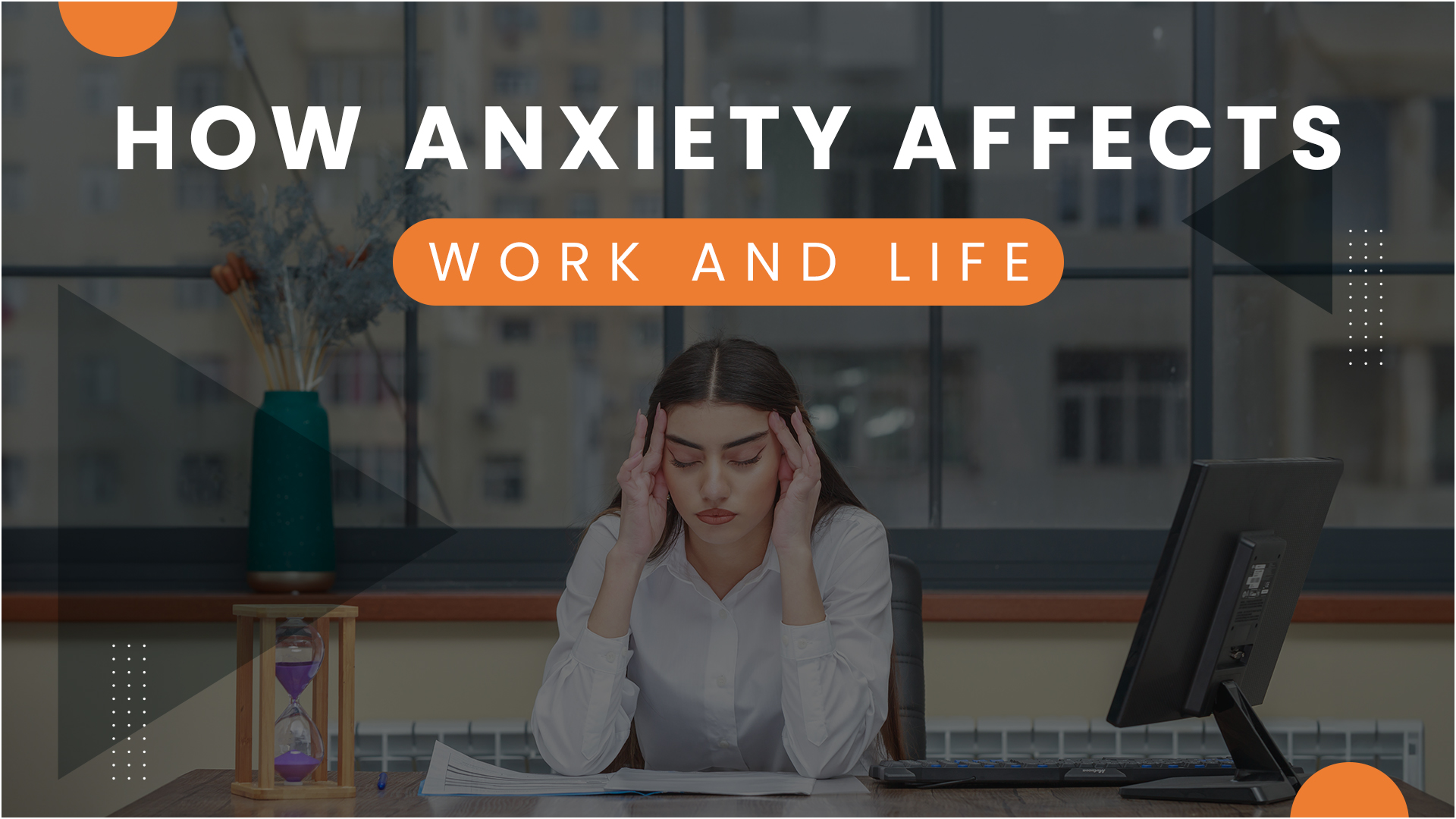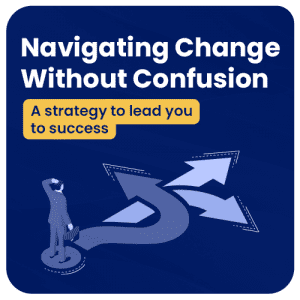
Feeling anxious from time to time is part of the human experience. In situations that cause stress or apprehension, such as a job interview or a dentist appointment, feeling somewhat anxious is normal.
But when anxiety is severe, excessive for the situation, or difficult to control, it could indicate a mental health problem. Intense anxiety can hamper your ability to live a normal life and impact your work performance, too.
Nearly 50% of employees in India experience the mental and physical symptoms of anxiety.
The manifestations of anxiety
Anxiety can affect your mind, body, and behaviour.
Effects on mental state
People with severe anxiety may feel tense, nervous, or unable to relax. They may also feel a sense of dread and worry about the worst possible outcomes. They may frequently dwell on past bad experiences or worry constantly about what the future has in store.
Physical effects
Anxiety can trigger several physical symptoms, including panic attacks, sleep problems, aches and pains, heart palpitations, and hyperventilation (rapid, deep breathing where you exhale more than you inhale, leaving you breathless).
Behavioural impacts
People with significant anxiety may avoid social situations, interact less with family and friends, and find it difficult to go to work or fulfil personal responsibilities. Avoiding these everyday situations brings them relief, but only until the anxiety-inducing situation comes up again. Being in such a loop only worsens their mental and physical health and can result in depression.
Anxiety in the workplace
47% of professionals in India suffering from mental health concerns, including anxiety, cited the workplace as the primary source of stress.
People with anxiety struggle with work-related expectations, from delivering high-quality work and meeting deadlines to the people-facing side of work: managing others, making presentations, participating in meetings, and maintaining professional relationships.
Professional relationships
People with anxiety often find social situations difficult, and gatherings at work are no exception. For instance, they may skip meetings or shun get-togethers with colleagues. These behaviours can affect how those with anxiety are perceived at work and make it difficult for them to build or maintain work relationships.
Work quality and deadlines
Setting and meeting deadlines can be challenging for people with anxiety. The quality of their work may also suffer as they battle anxious thoughts about work and personal life. This creates a ripple effect of unmet deadlines and low productivity that can jeopardise their careers, affect team performance, and even impact business outcomes.
How organisations can support those with anxiety
Talk therapy
Counselling or talk therapy involves discussing your thoughts and feelings with a psychologist or counsellor. Mental health professionals can help those with anxiety better understand their emotions, cope with stress, and target the root causes of their anxiety.
Education and training
Organisations must conduct educational and training sessions on the physical, mental, and behavioural effects of anxiety on work and life. These sessions can help employees and organisations recognise and respond to signs of stress at work.
Leaders and managers can also play a crucial role in helping employees manage anxiety. By training people managers, you can help them understand the challenges anxiety poses, teach them to recognise anxiety in their teams and help them provide effective support.
Consider offering wellness-focused education and training, including strategies for coping with stress and managing anxiety.
Solutions for organisations
Anxiety is one of the two most common mental health concerns afflicting working individuals today—depression being the other.
With the term “mental health” working its way into everyday conversations, it might seem like there’s a high level of awareness on the subject. However, that awareness is often superficial, as is the organisational support available for working professionals grappling with anxiety.
While people with anxiety do struggle with work expectations, they can certainly overcome their challenges and perform on par with others. All they need is empathetic, effective wellbeing support.
MARG’s Wellness Programme offers tailored initiatives to help promote wellness in organisations. With our team of expert psychologists and consultants, we offer wellness-focused consulting, counselling, education and training, and assistance in setting up wellness-centred employee policies and benefits.
Contact MARG’s Wellness Advisors for more information on how we can help you manage your people’s well-being.






